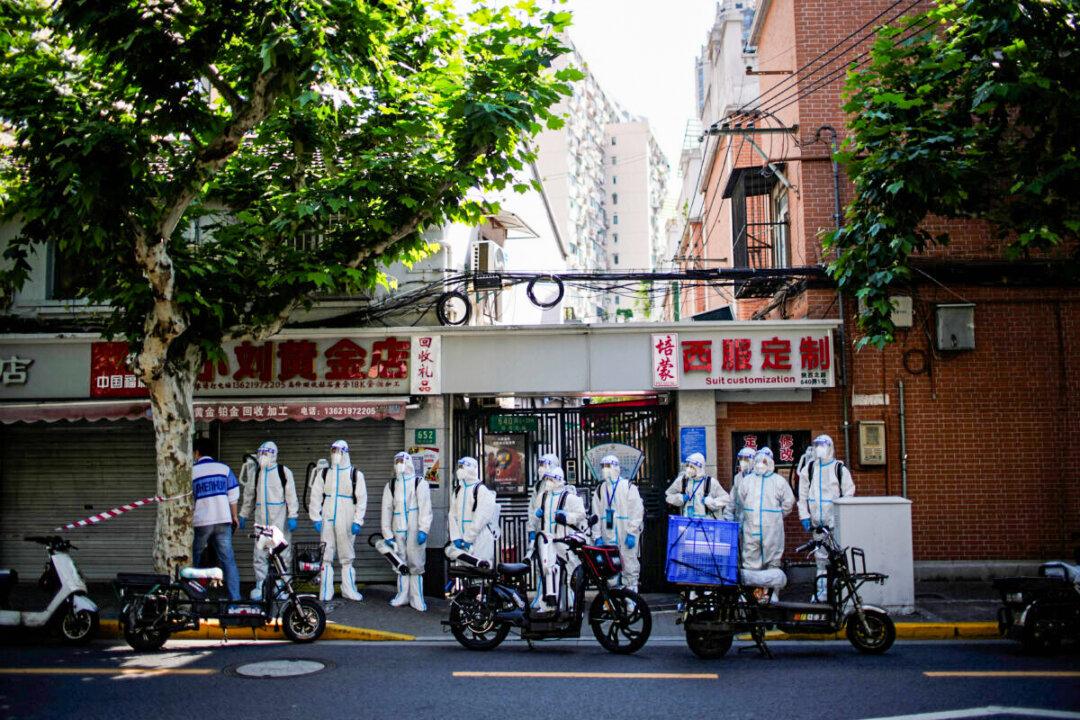Pandemic prevention and control measures in Shanghai, China have escalated to the point that the Shanghai Municipal Government currently acknowledges there are requirements for quarantine of people with COVID-19 and disinfection of their residences, and it is possible that “a whole building will be quarantined when just one person is infected.”
Jin Chen, deputy director of the Shanghai Municipal Housing and Urban-Rural Construction Management Commission, made it clear on the morning of May 10 at a press conference on the pandemic prevention and control measures in Shanghai, that disinfection of the living places of infected people should be carried out. If adjacent or surrounding households share kitchens and bathrooms with infected people, the interiors of adjacent or surrounding households must also be disinfected





